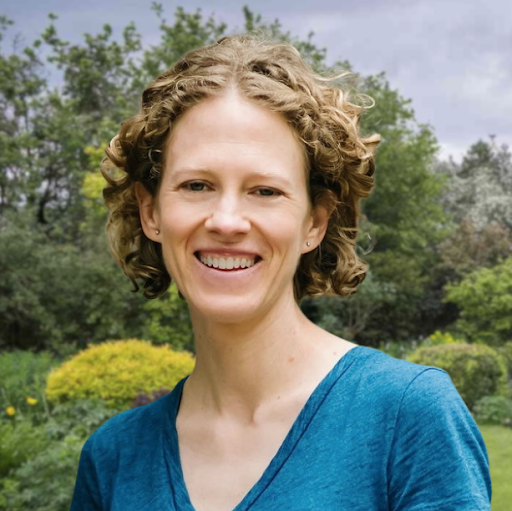Catherine Glass, LCSW-S
My practice is client-centered and strengths-based. Together, we will create a space to explore what you’re experiencing and use evidence-based interventions to make dynamic change. I will utilize a combination of new coping skills, deeper insight, and healing to help you move forward. I’ve also completed advanced training in EMDR, Gottman (Level 2 Trained), Perinatal Mental Health, Trauma-focused Yoga Method, CBT, and DBT.
My specialties include anxiety, perinatal related mental health, divorce, single parenting, trauma, chronic illness, suicidal ideation, and religious trauma. I have experience leading groups on adult and adolescent inpatient units, providing Gottman based couples counseling, and working with families in inpatient and outpatient settings. I’ve also provided individual and couples counseling for those who identify as LGBTQ+.
Education and Training
- Licensed Professional Counselor
- Master’s Degree in Social Work, Columbia University
- Cognitive Behavioral (CBT)
- Dialectical Behavior Therapy (DBT)
- Mindfulness-based
Areas of Focus
- Anxiety
- Depression
- Trauma
- Perinatal Mental Health
- Religious/Spiritual Issues
Read Our Blog
3 Benefits of Using Telehealth Video Therapy
With an increase in beneficial technology, we’re able to establish the most effective practices, rituals, and daily habits to support our mental health and wellbeing with the best quality of sleep possible.
How to Improve Sleep Hygiene Using 3 Free Apps
With an increase in beneficial technology, we’re able to establish the most effective practices, rituals, and daily habits to support our mental health and wellbeing with the best quality of sleep possible.
Traumatic Brain Injury and PTSD in Veterans
Physical injuries are easy to see and, therefore, simpler to treat. However, not all wounds are physical; some are internal or emotional, making them harder to diagnose.




